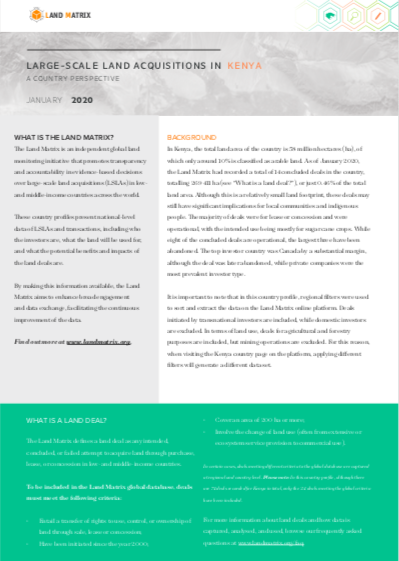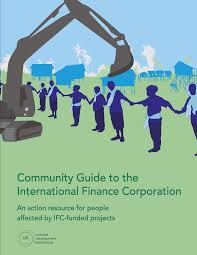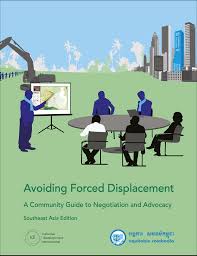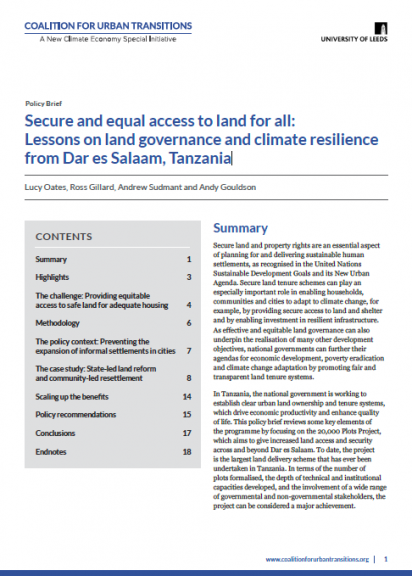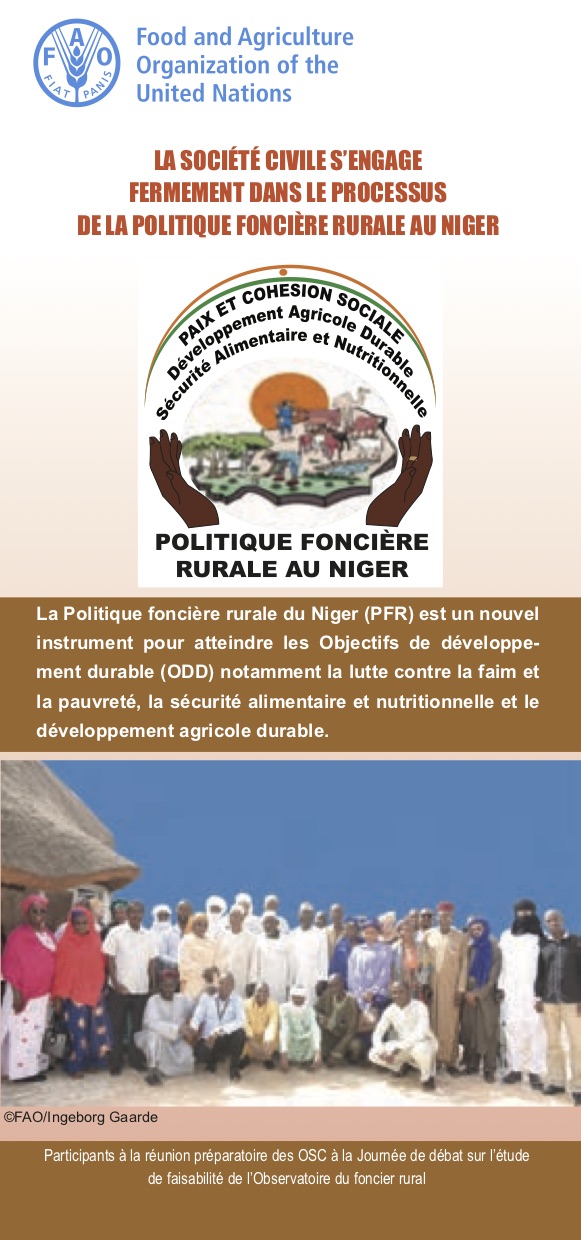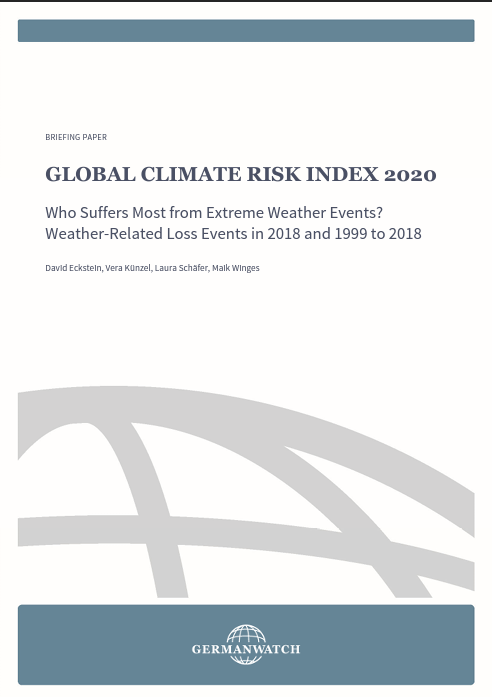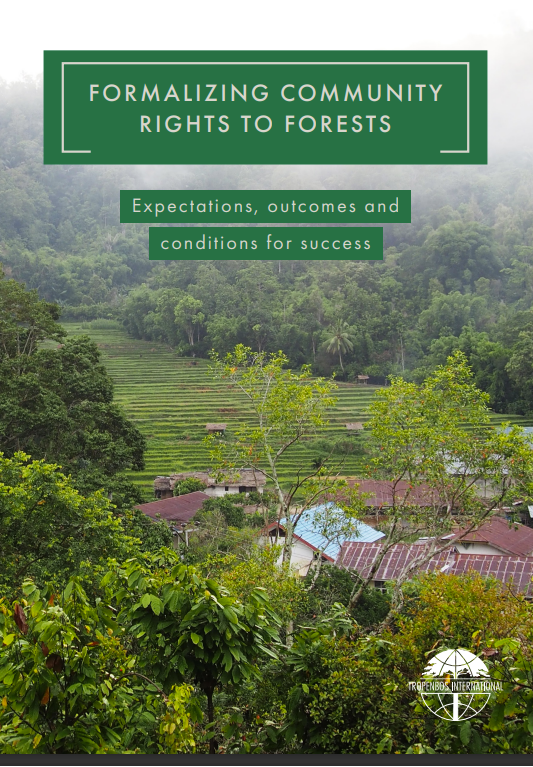Large Scale Land Acquisitions in Kenya
In Kenya, the total land area of the country is 58 million hectares (ha), of which only around 10% is classified as arable land. As of January 2020, the Land Matrix had recorded a total of 14 concluded deals in the country, totalling 269 411 ha, or just 0.46% of the total land area. Although this is a relatively small land footprint, these deals may still have significant implications for local communities and indigenous people. It is important to note that in this country profile, regional filters were used to sort and extract the data on the Land Matrix online platform.

